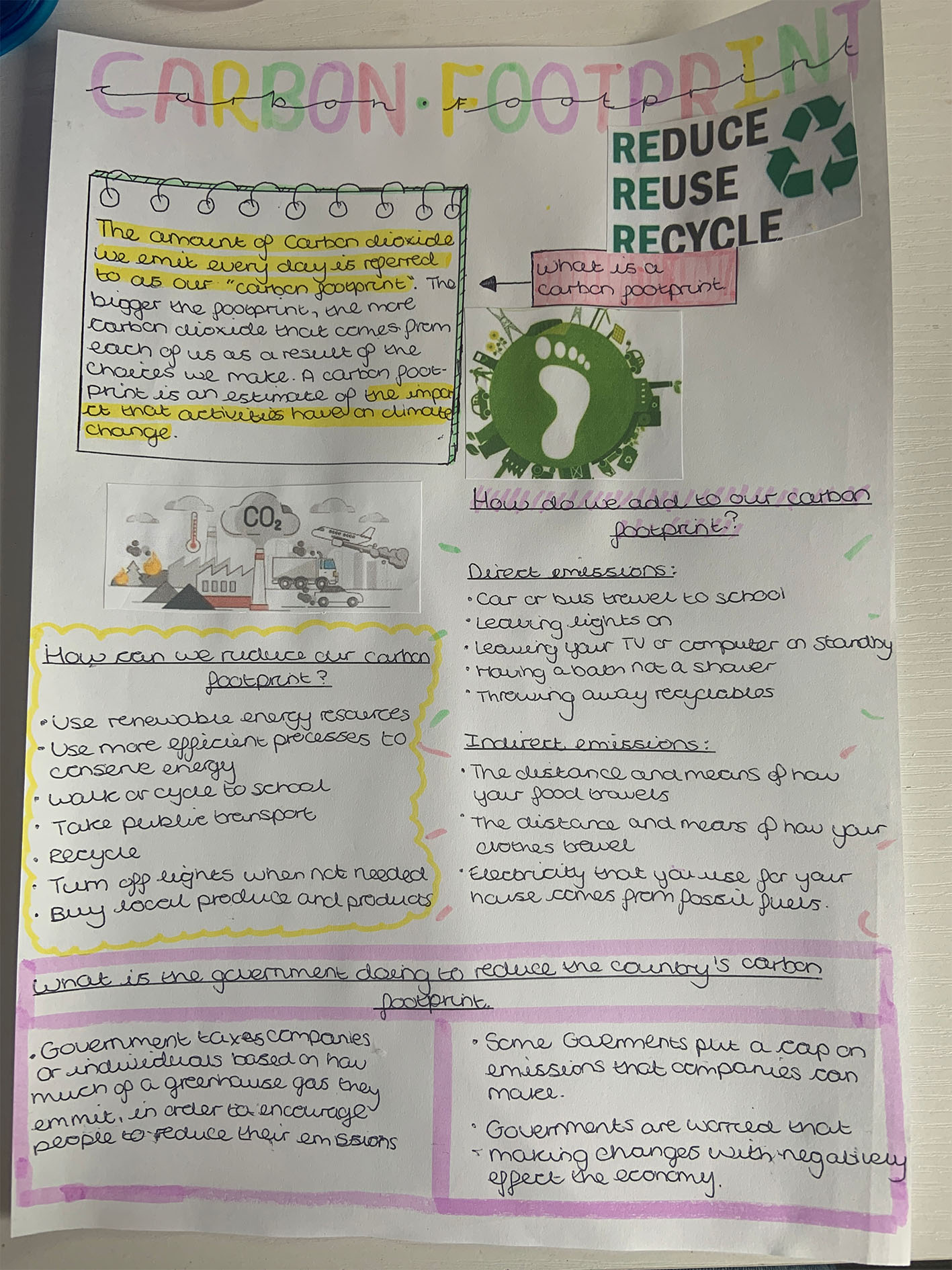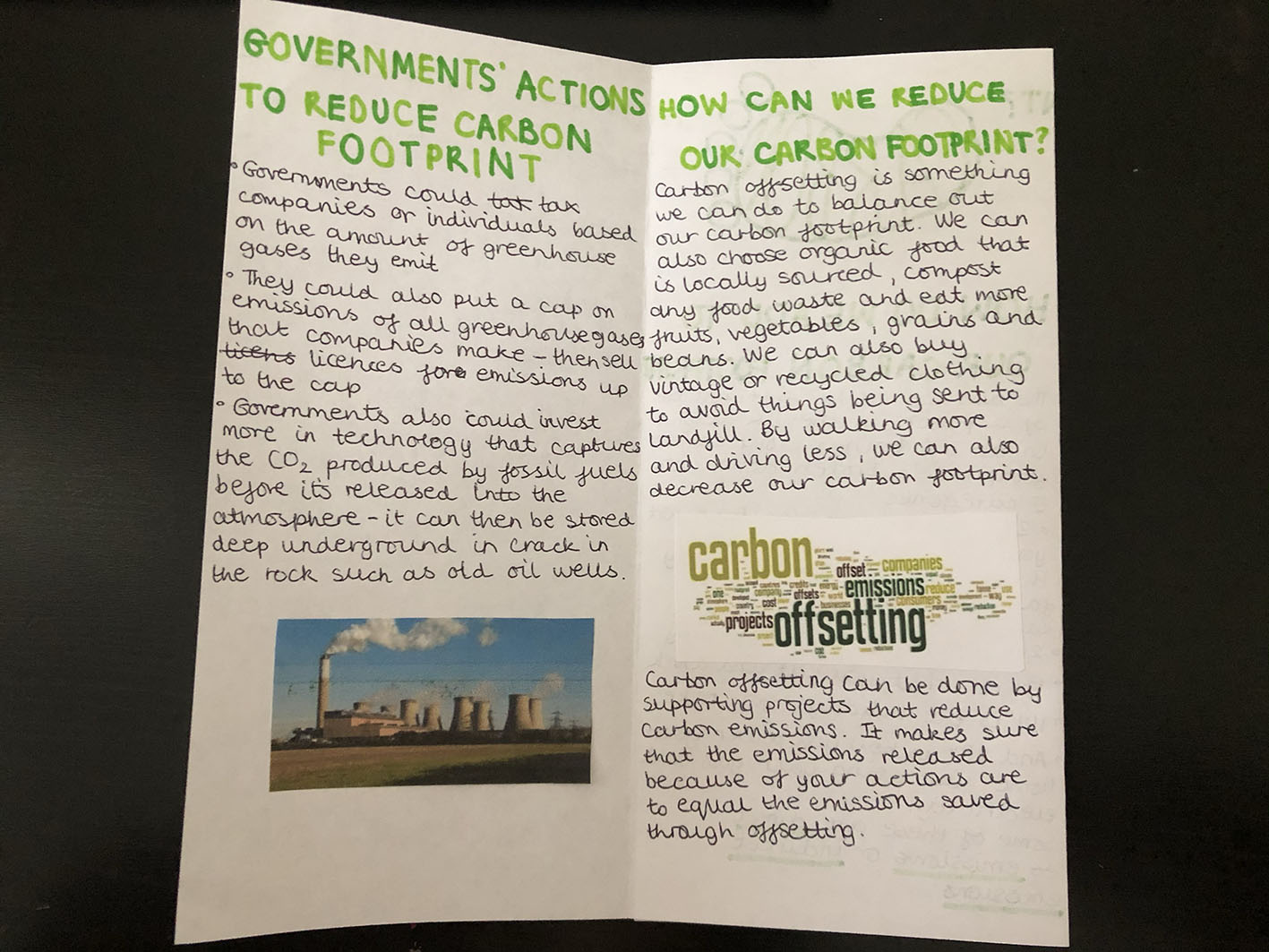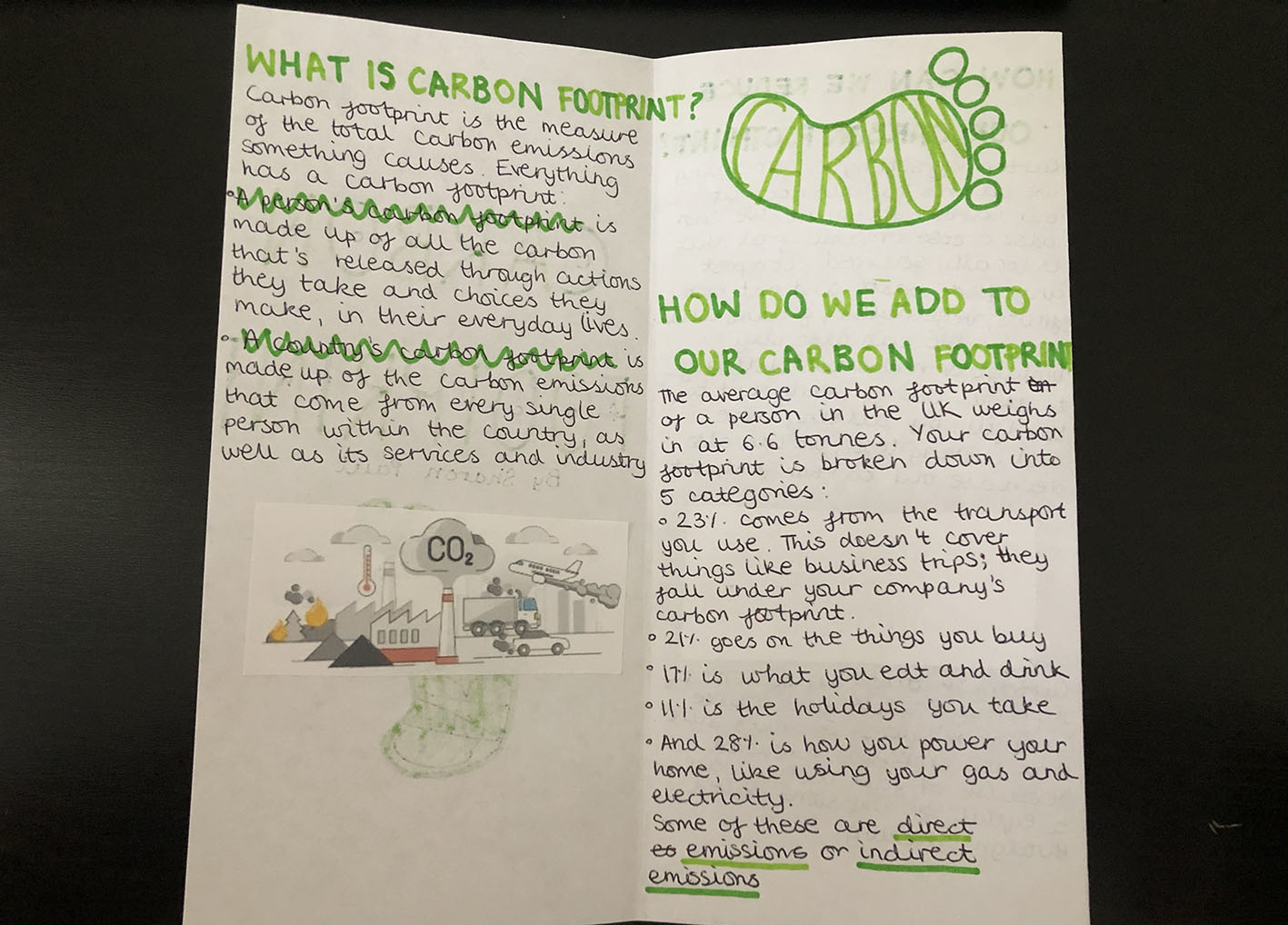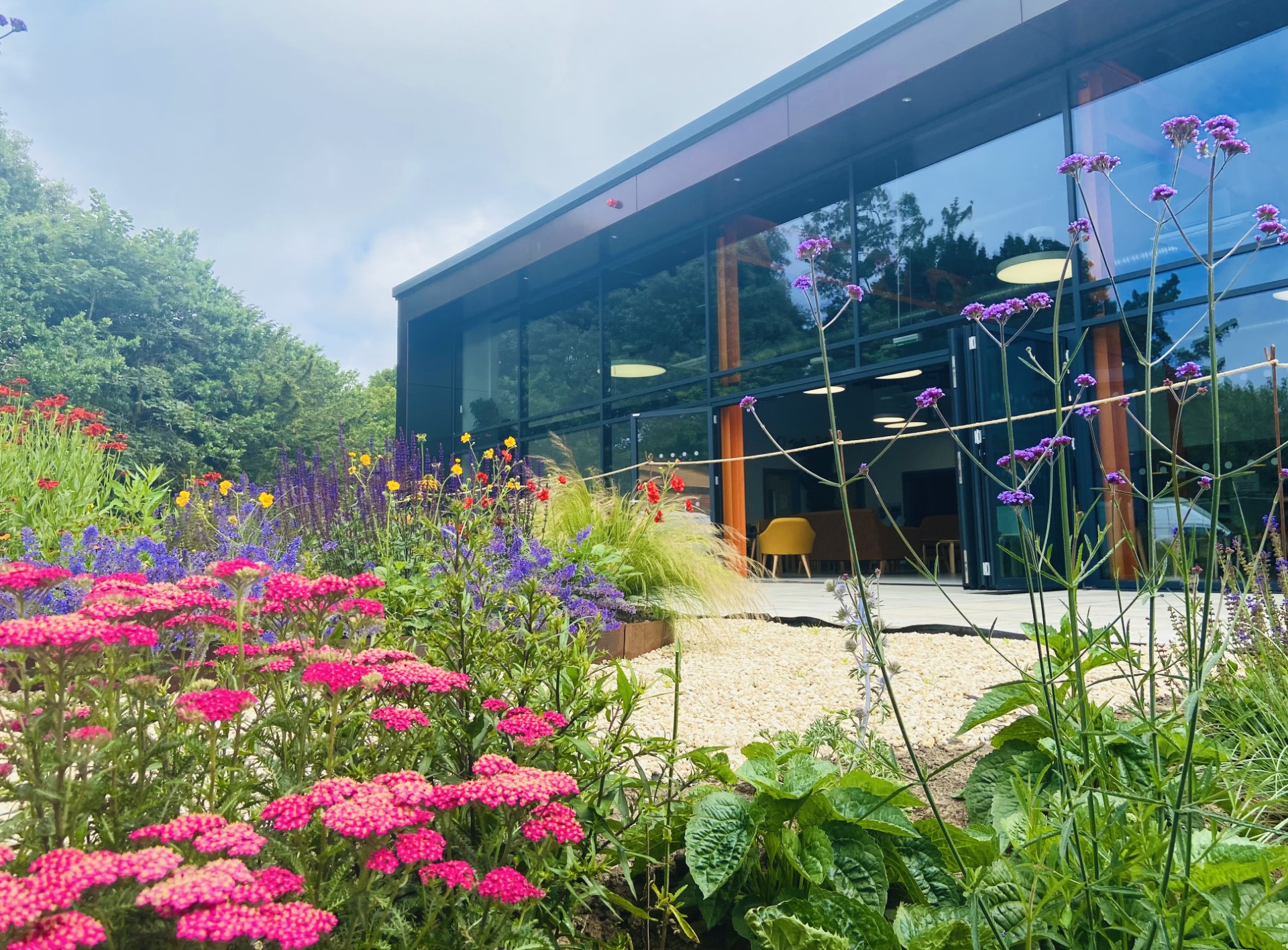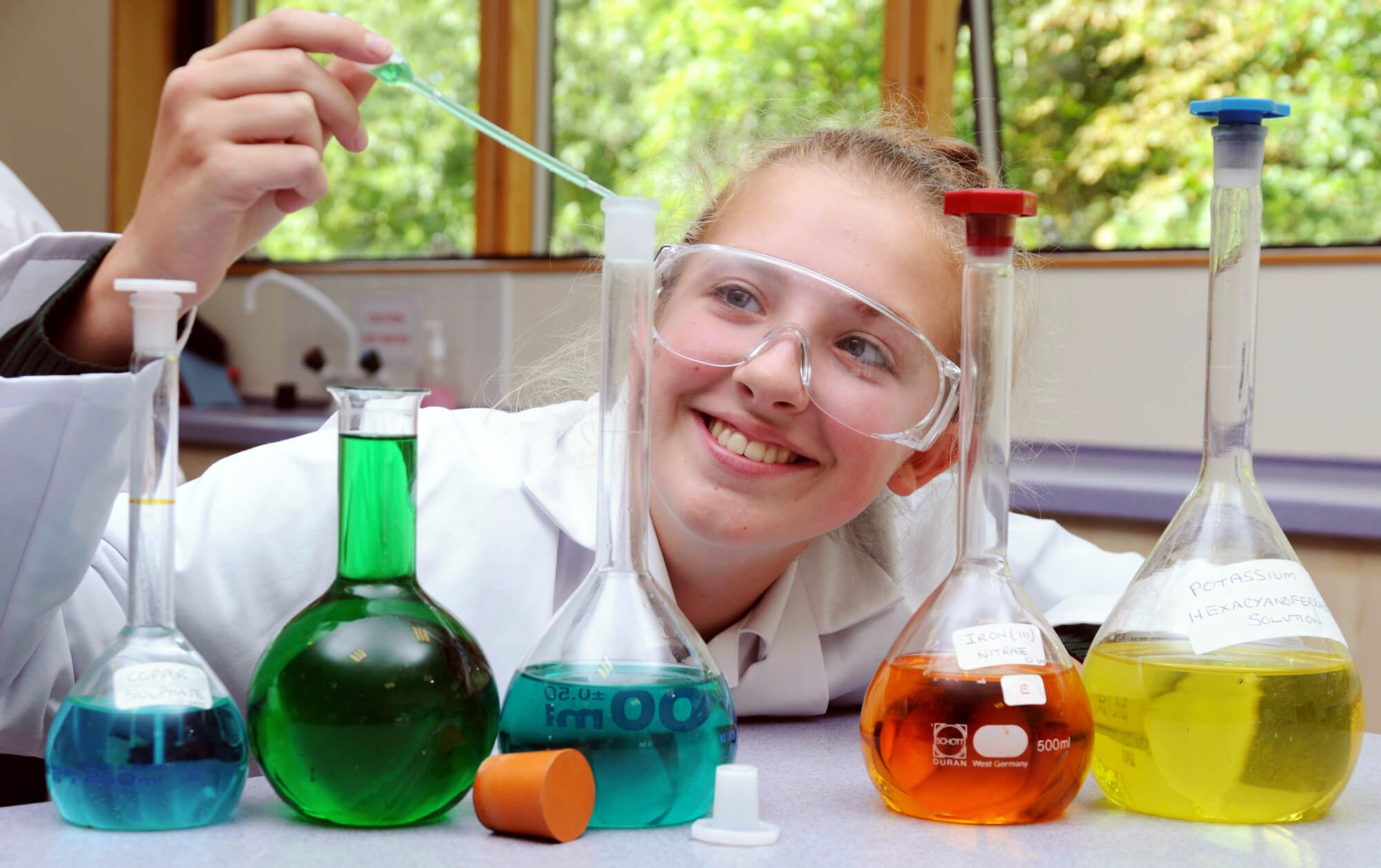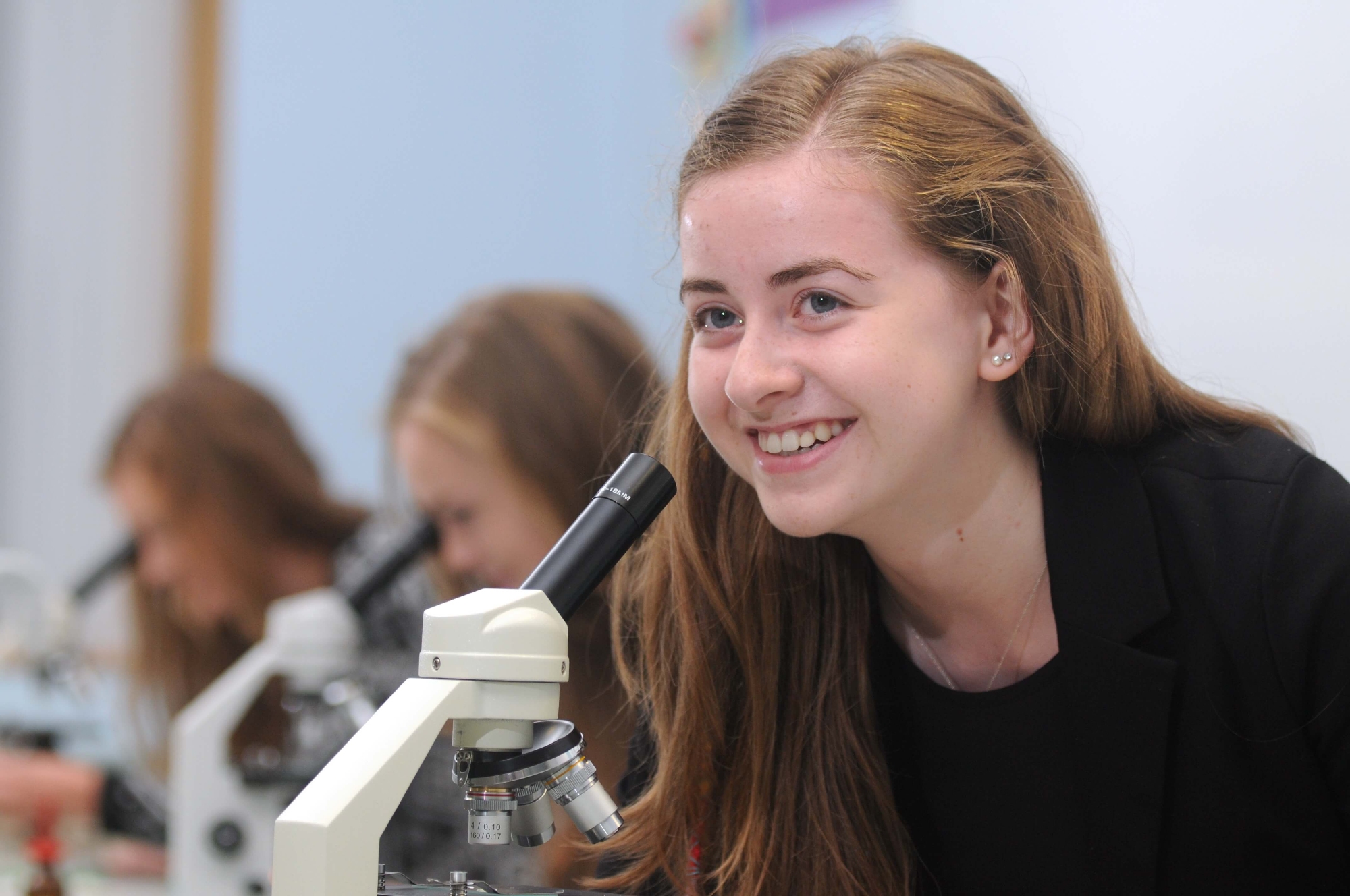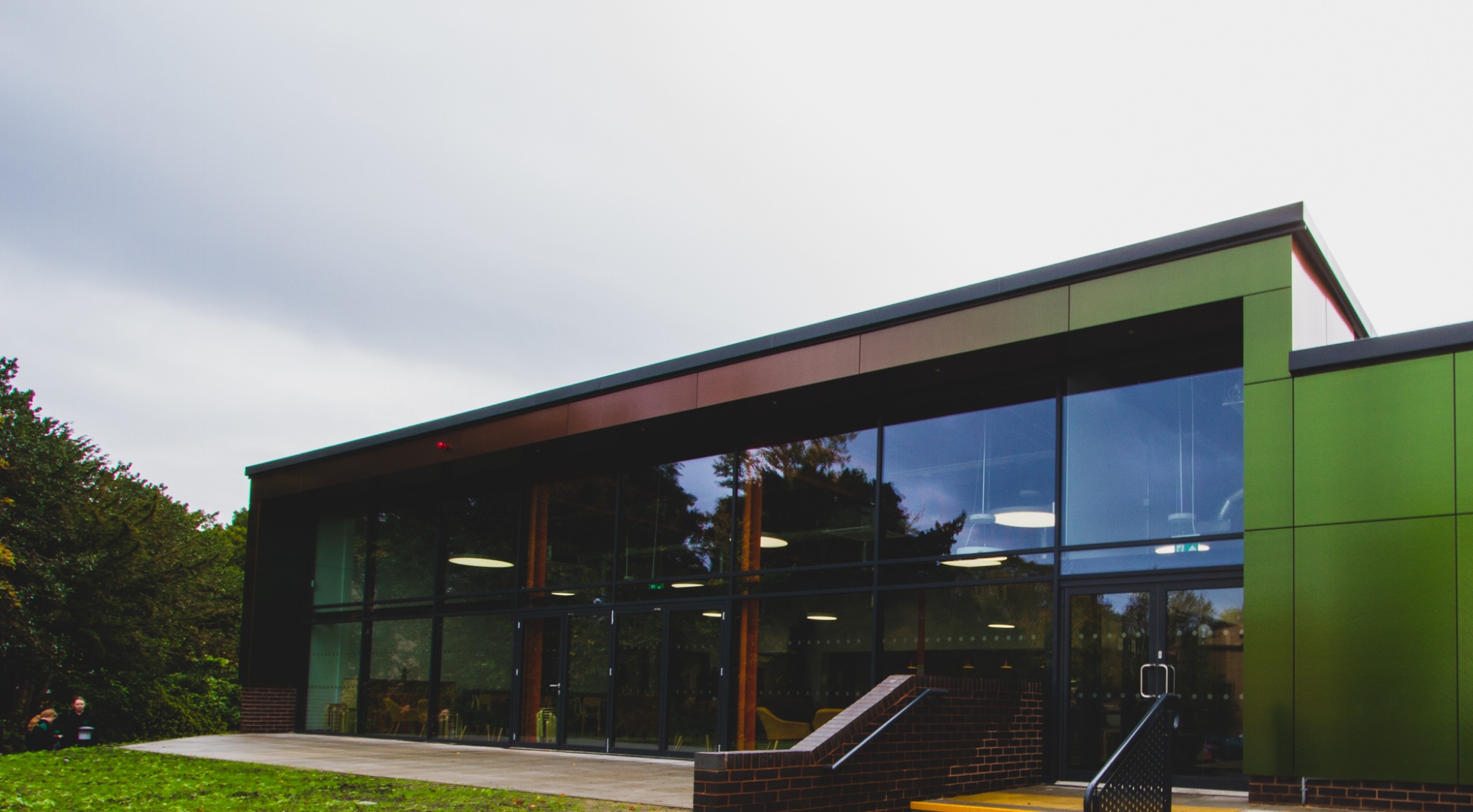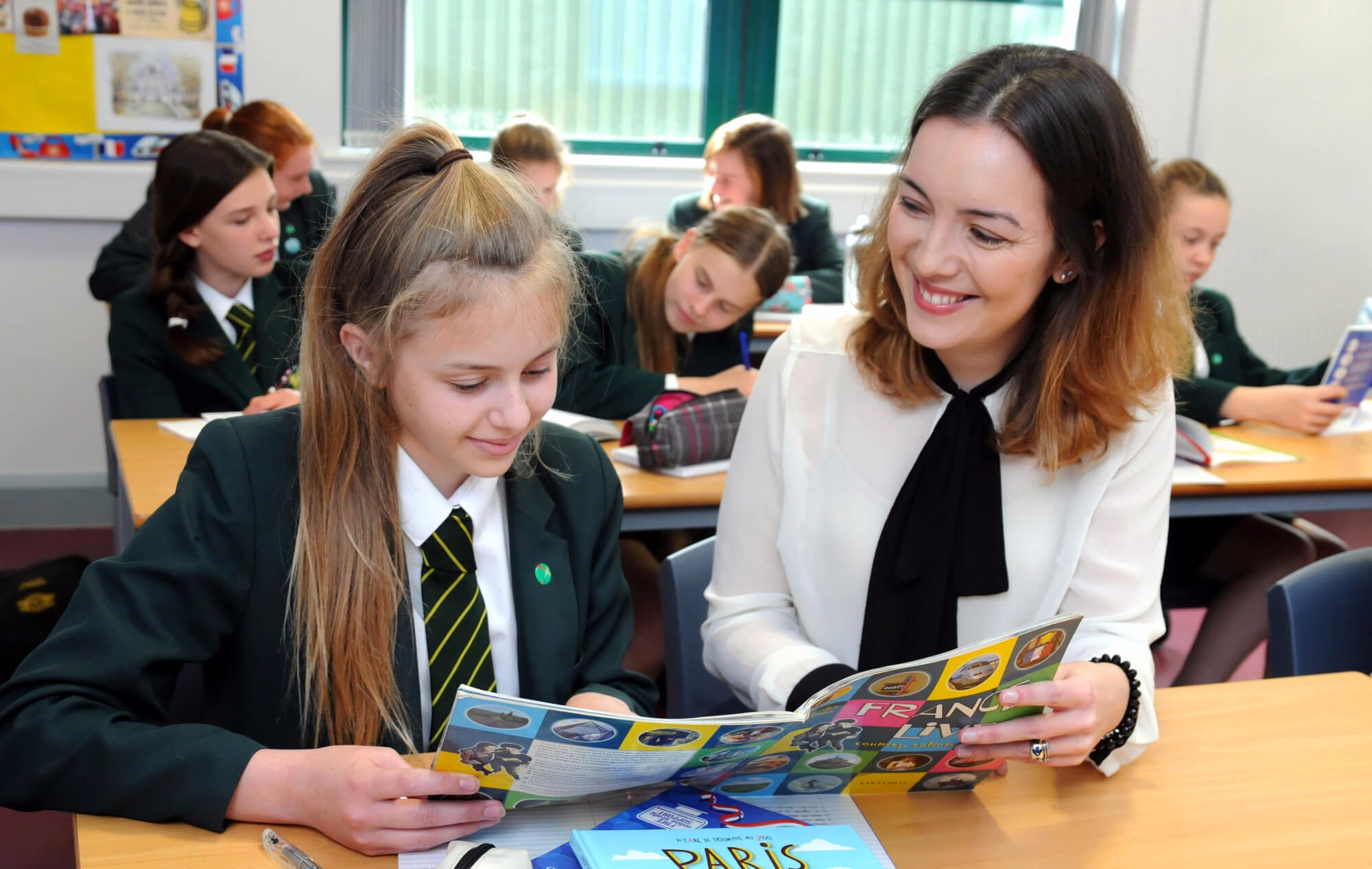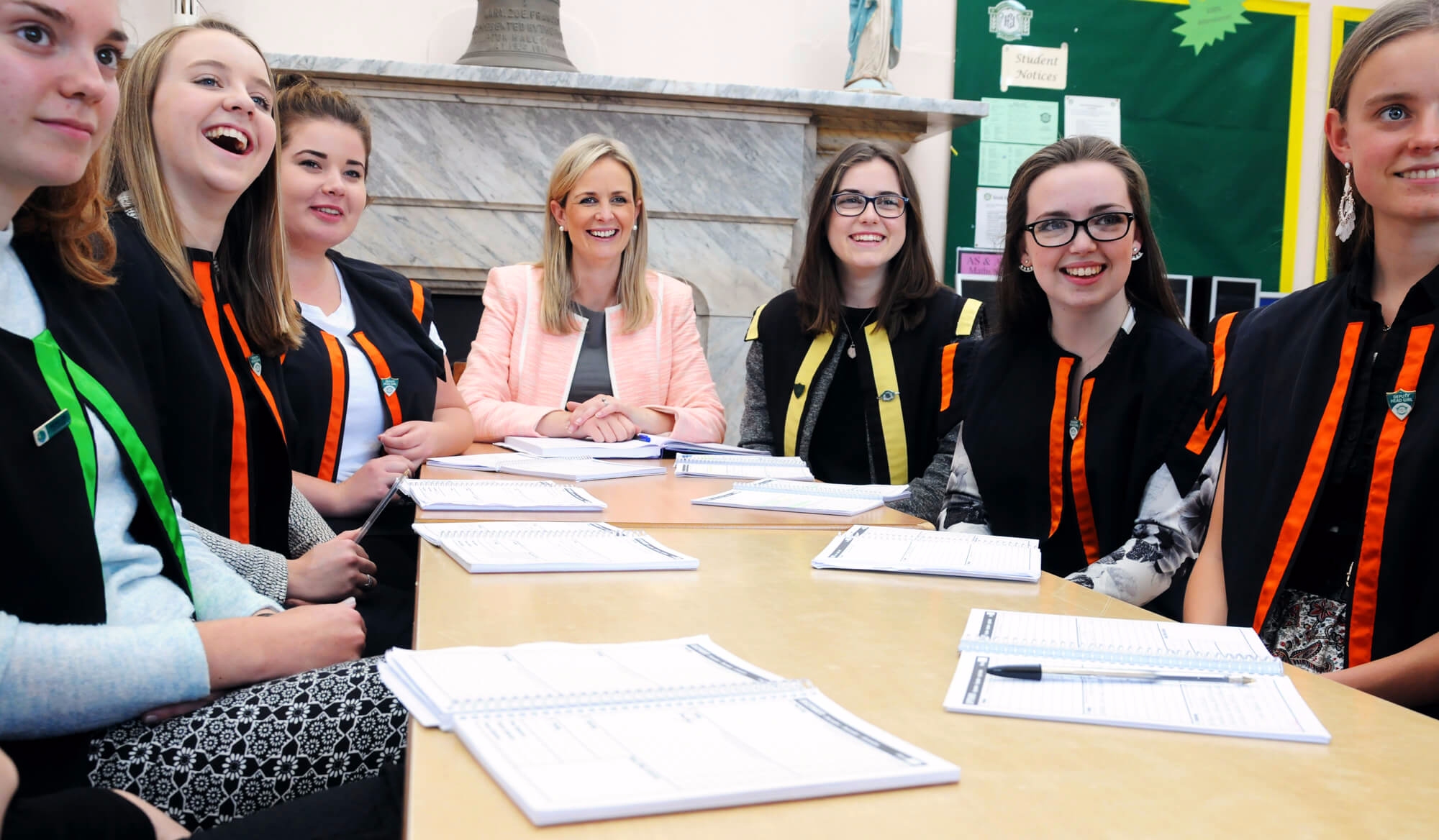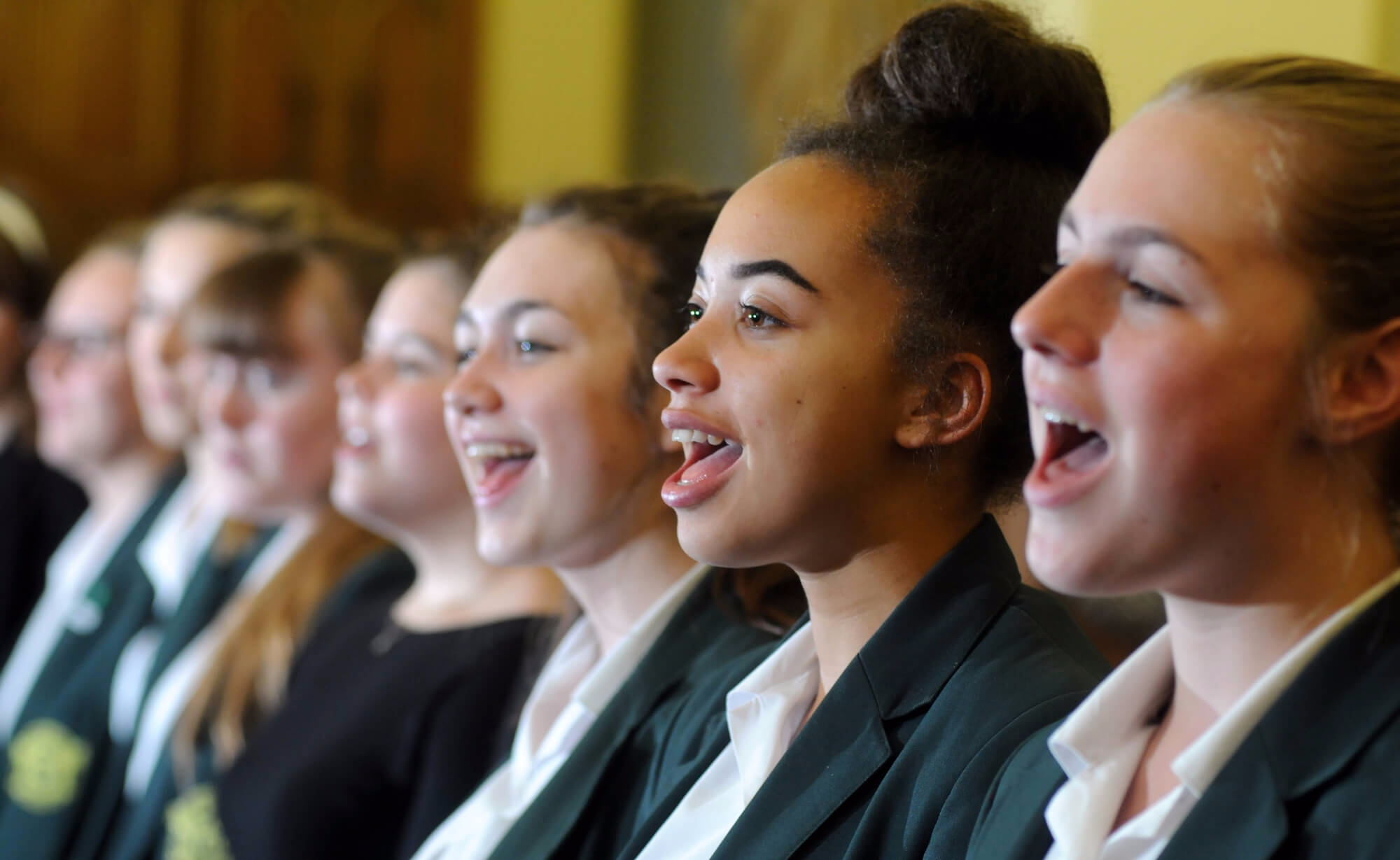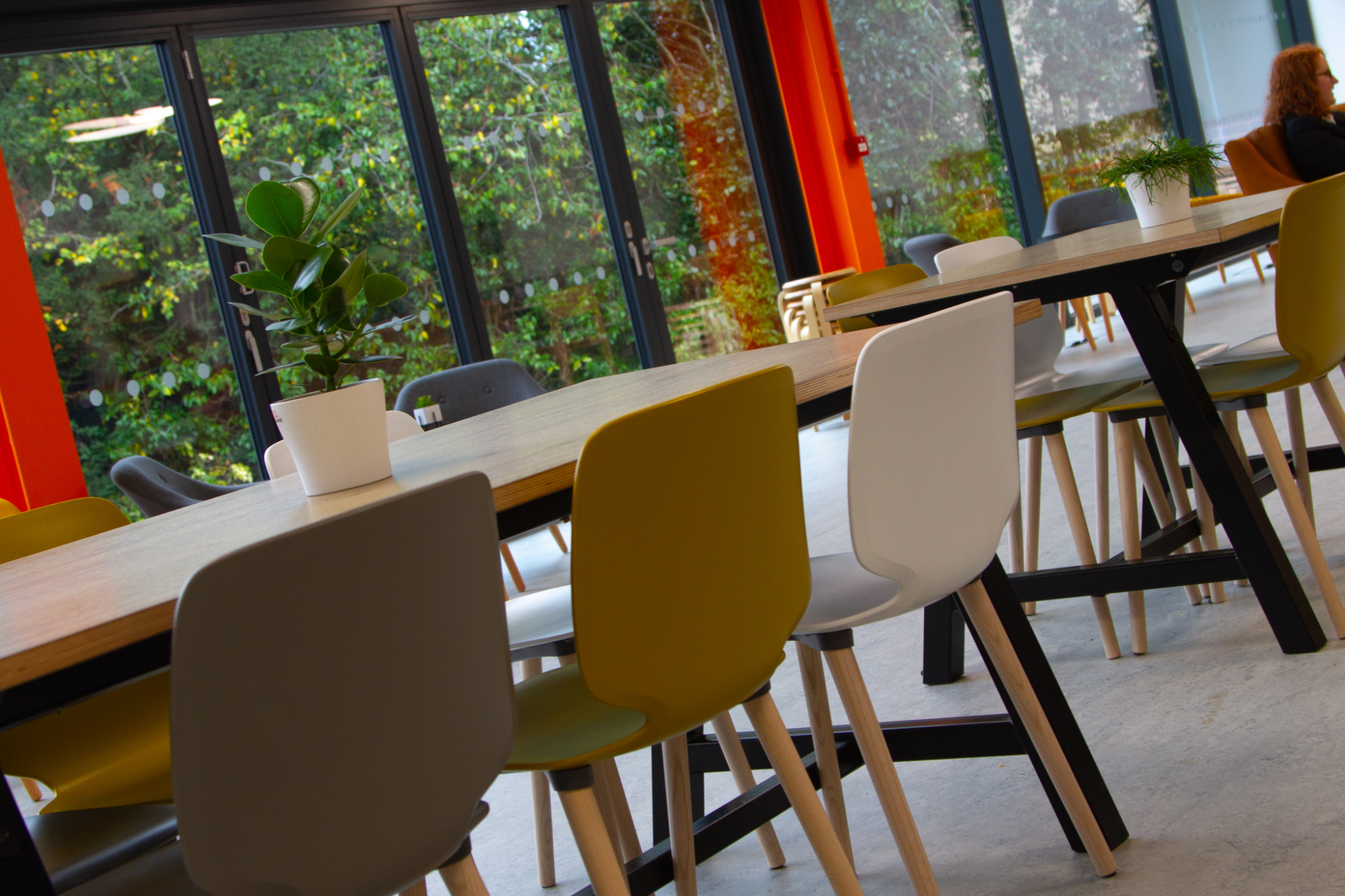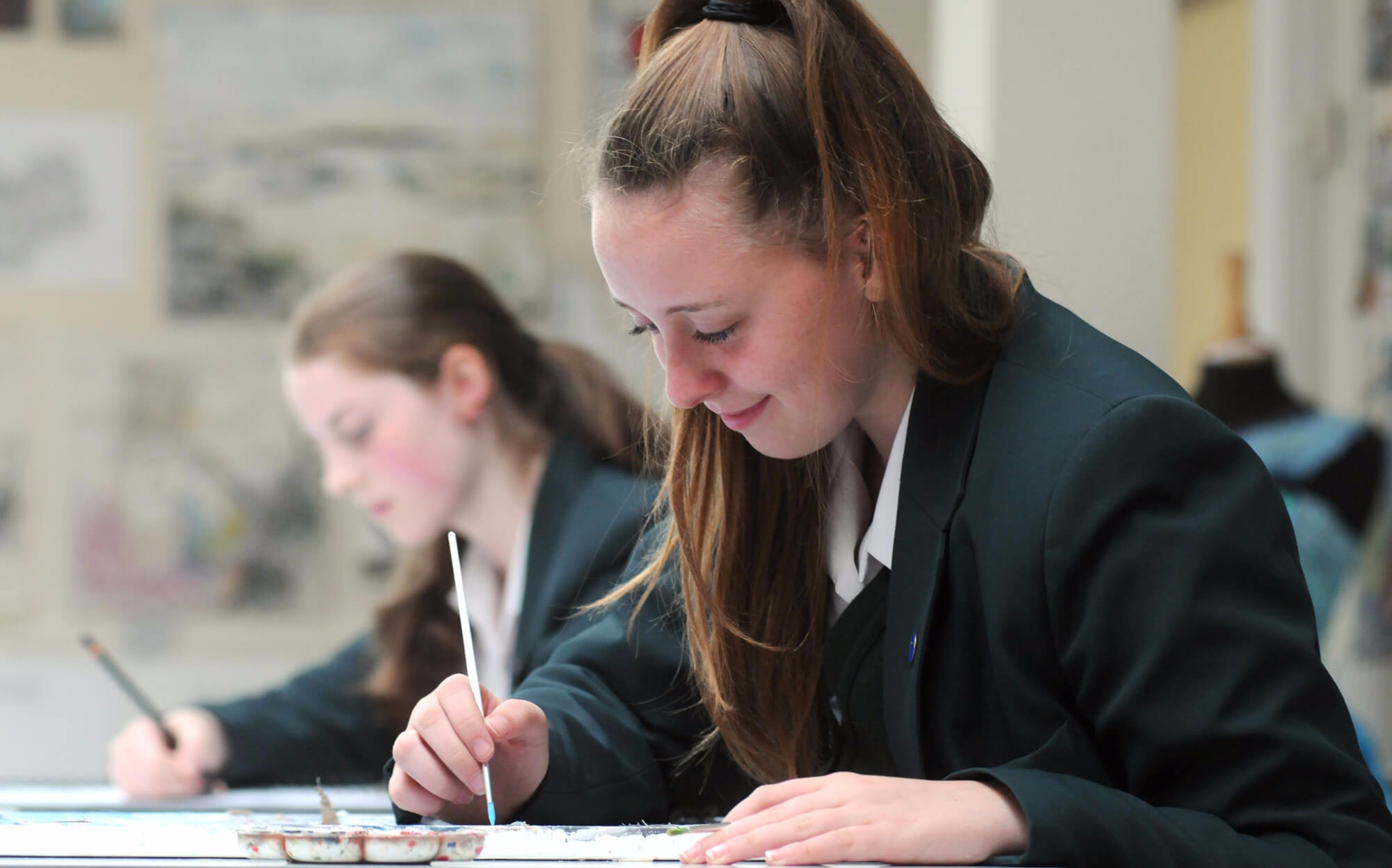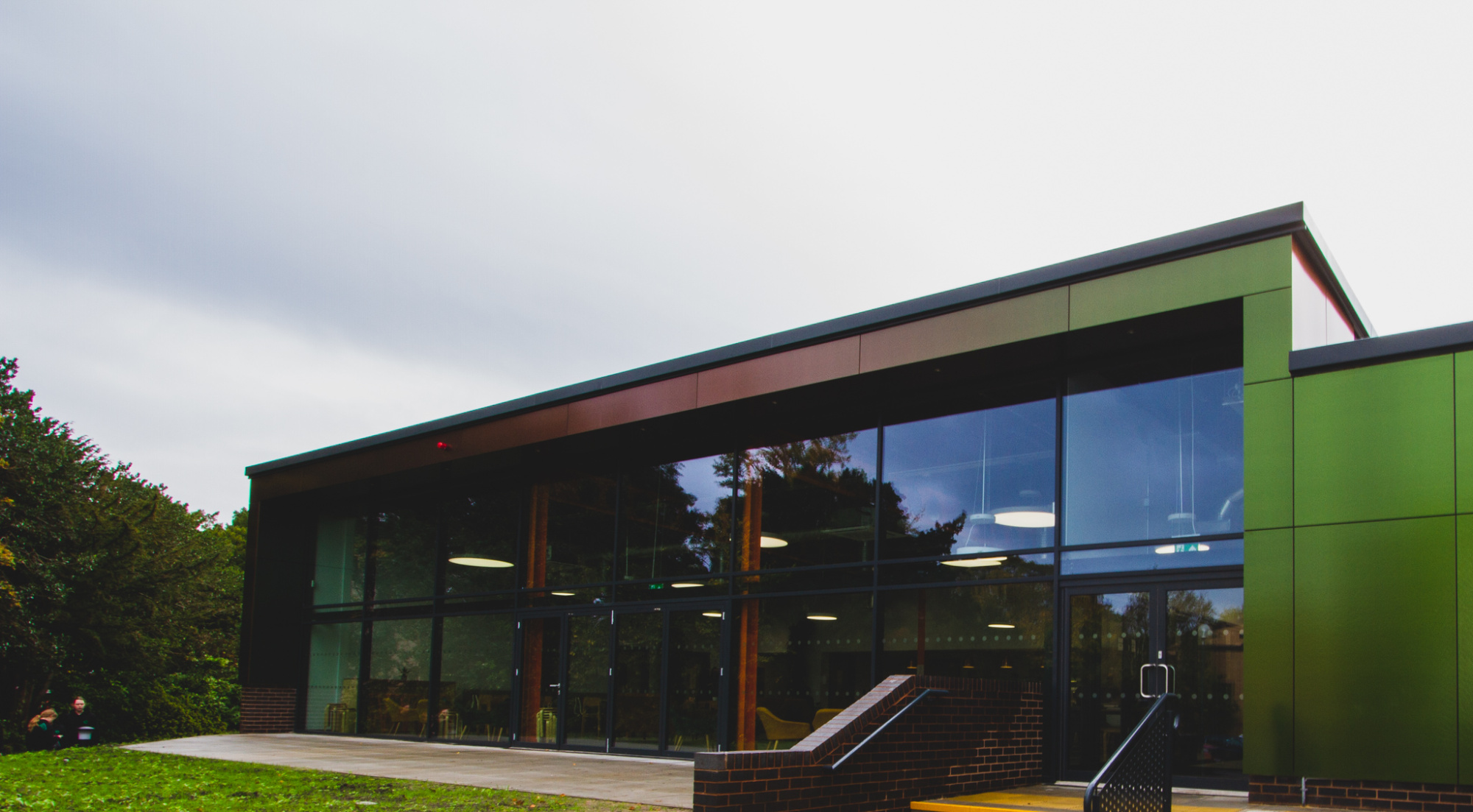Chemistry
Year 7 & 8 cover Chemistry in KS3 Science.
The Department
A-level Chemistry attempts to answer the big question ‘what is the world made of’ and it’s the search for this answer that makes this subject so fascinating. From investigating how one substance can be changed drastically into another, to researching a new wonder drug to save millions of lives, the opportunities that chemistry provides are endless. Here at Upton our aim is to create a curiosity about how Chemistry relates to the real world so students can become scientists of the future. We instil in our students a love for Chemistry that will inspire them to aim high in their efforts, helping them achieve beyond what they believe themselves capable of.
Pen Portraits
Mrs Bailey
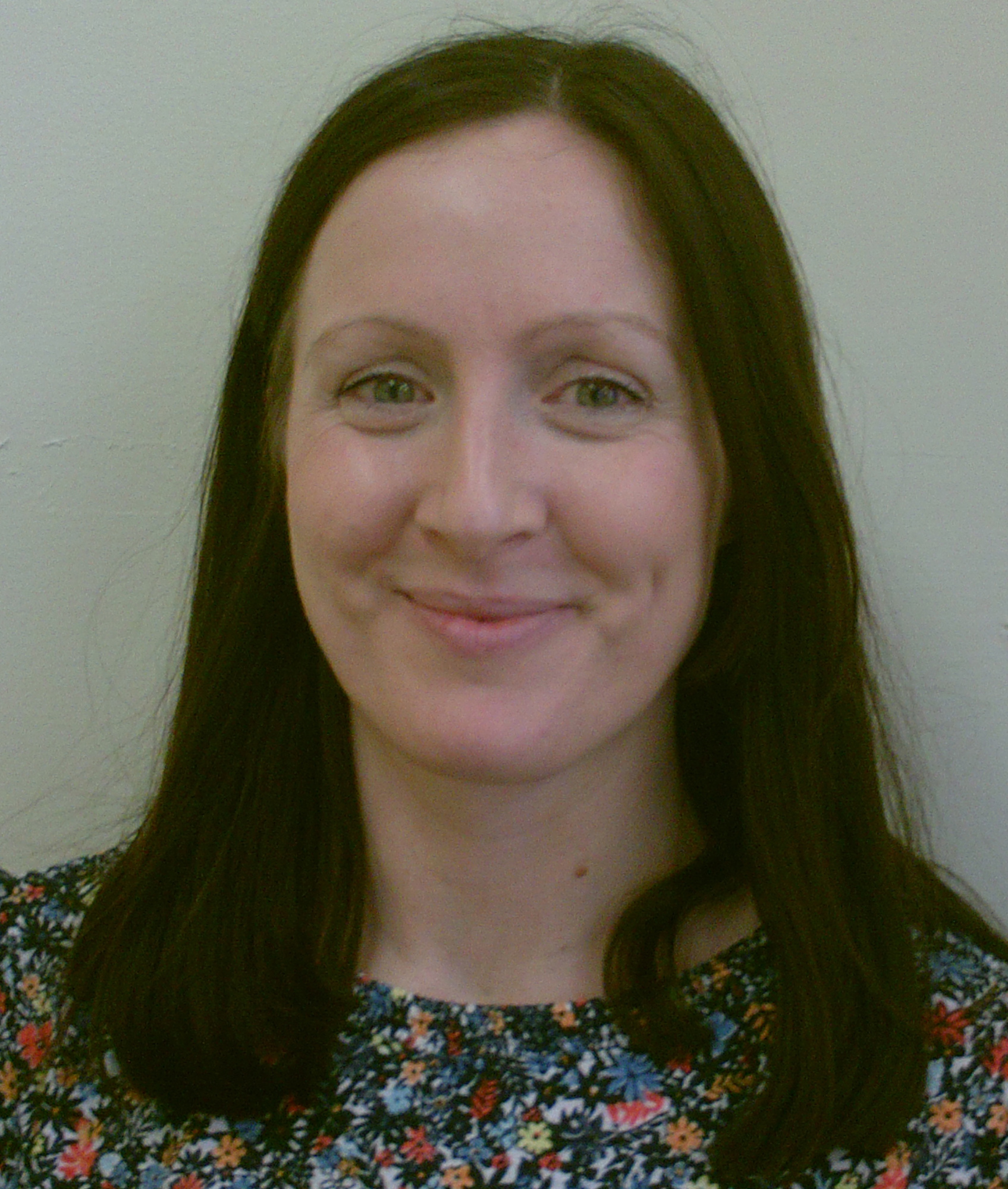
I first discovered my love of Science and in particular Chemistry whilst at school; I was fascinated by the infinite number of different substances that are made from only 100 or so different types of atom and of course all the fun experiments! I specialised in Organic Chemistry during my degree course at The University of Manchester but I now find it is Physical Chemistry and all the Chemistry calculations that I most enjoy!
Miss Coyne - from September 2022 (Picture & Portrait to follow)
Miss Grisdale

I studied Chemistry at the University of Liverpool. My favourite part of Chemistry is organic synthesis. I love experiments where different organic chemicals are made in the lab. My favourite is synthesising aspirin!
Mrs Millward
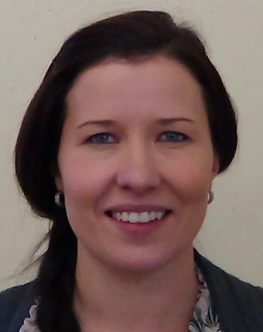
Watching one substance change into something completely different has always been wondrous to me. The fact that the magic of Chemistry is the reason for this change on all sorts of scales fuels my fascination for the subject. Being able to inspire others to learn about the processes that are continually going on all around us, watching them happen in practical activities and explaining the underpinning reasons to such observations, is a privilege.
Work from the department
A Level
A summary of all organic mechanisms produced by some Year 13 students, they then used these reactions to devise a synthesis, with up to four steps, for an organic compound
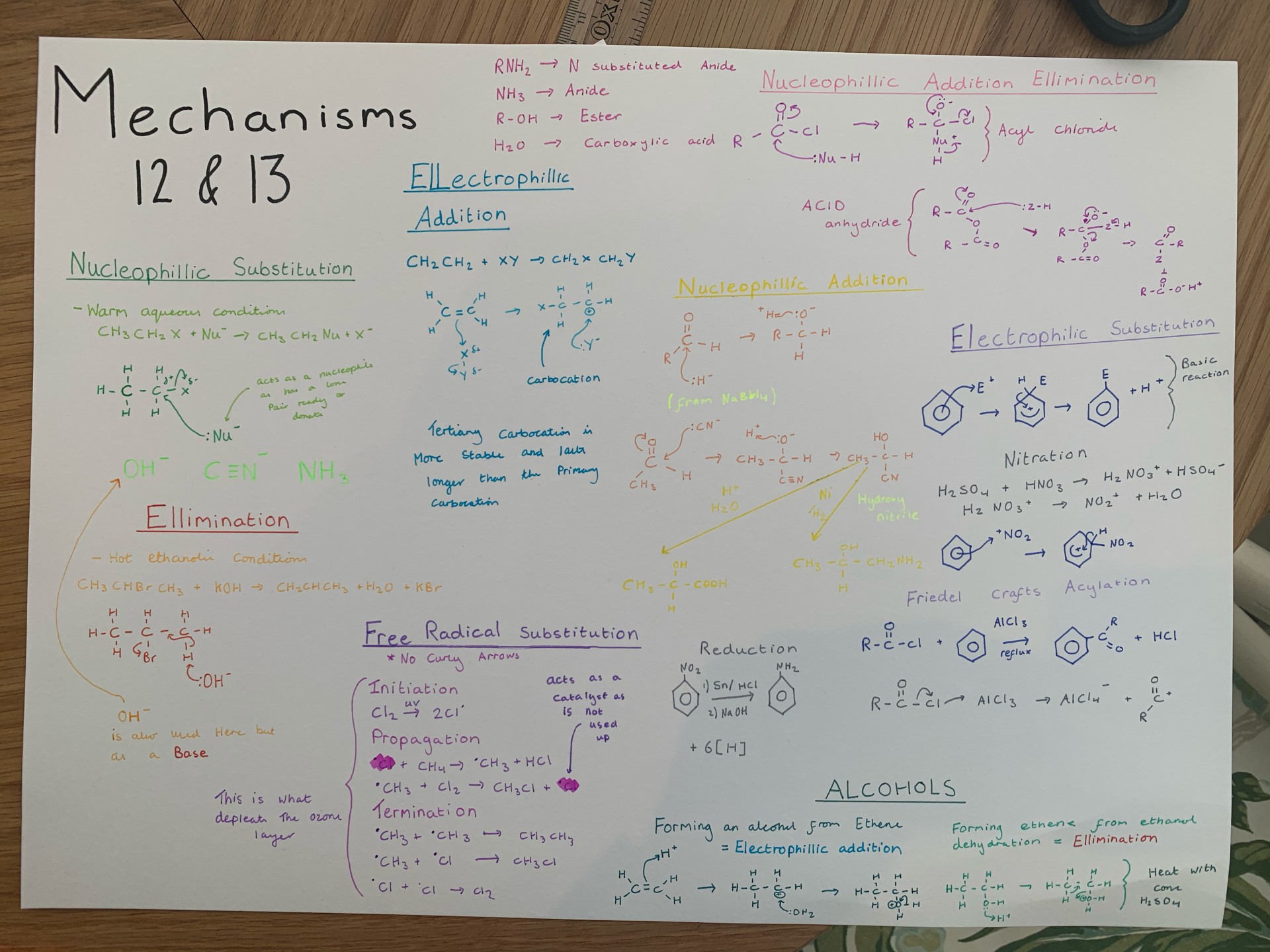
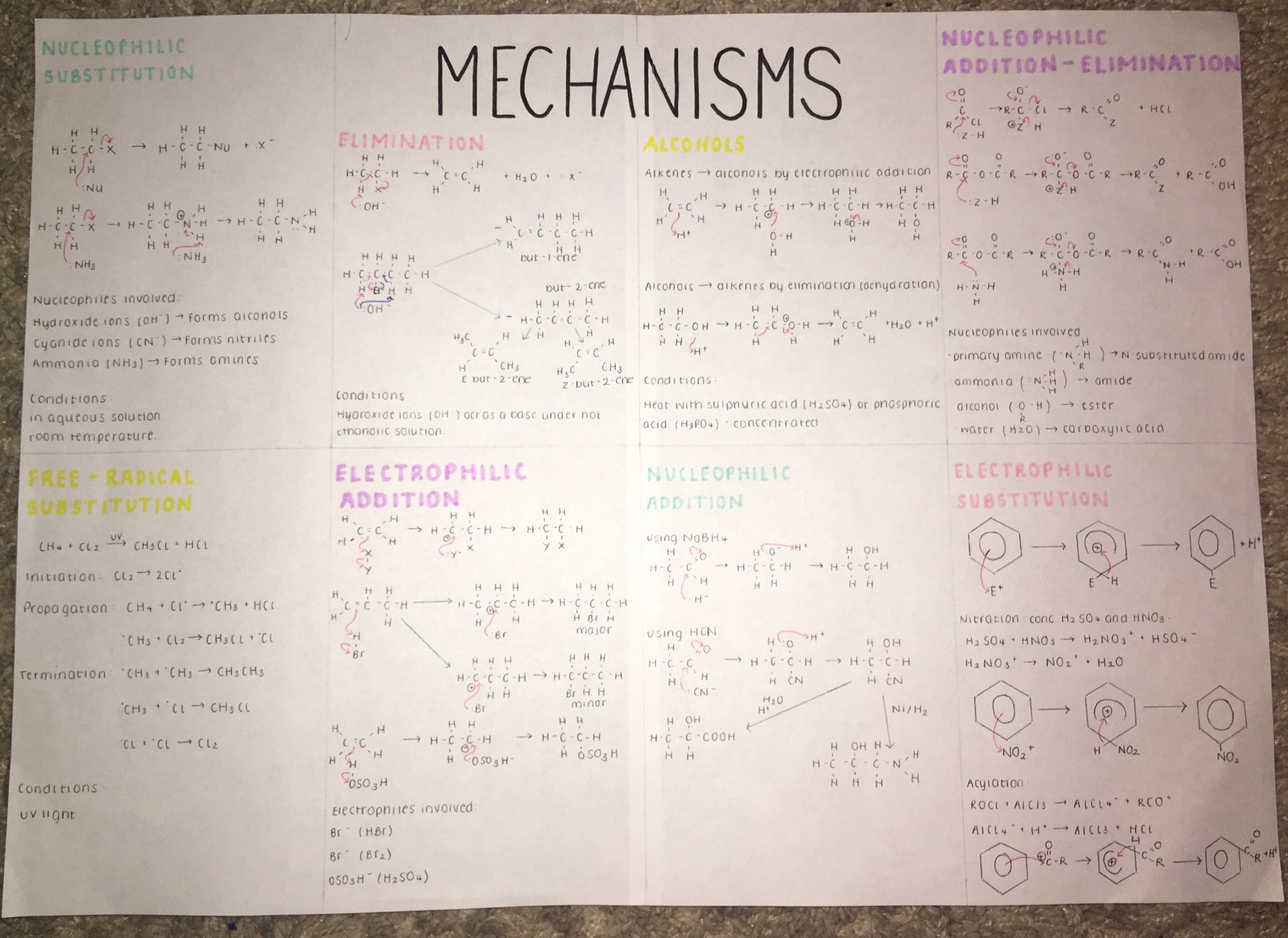
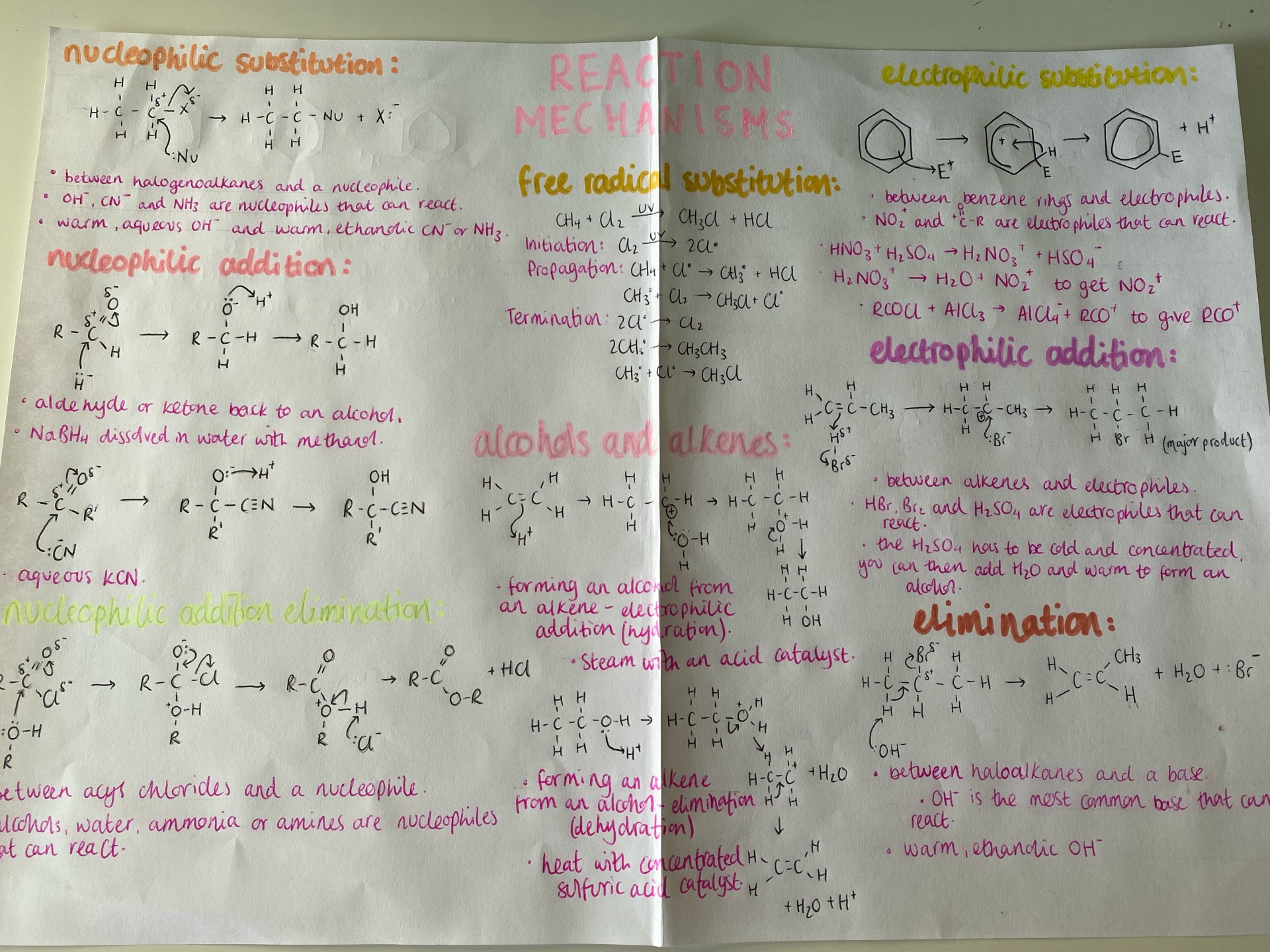
A summary sheet produced by Year 12 comparing the methods for making ethanol
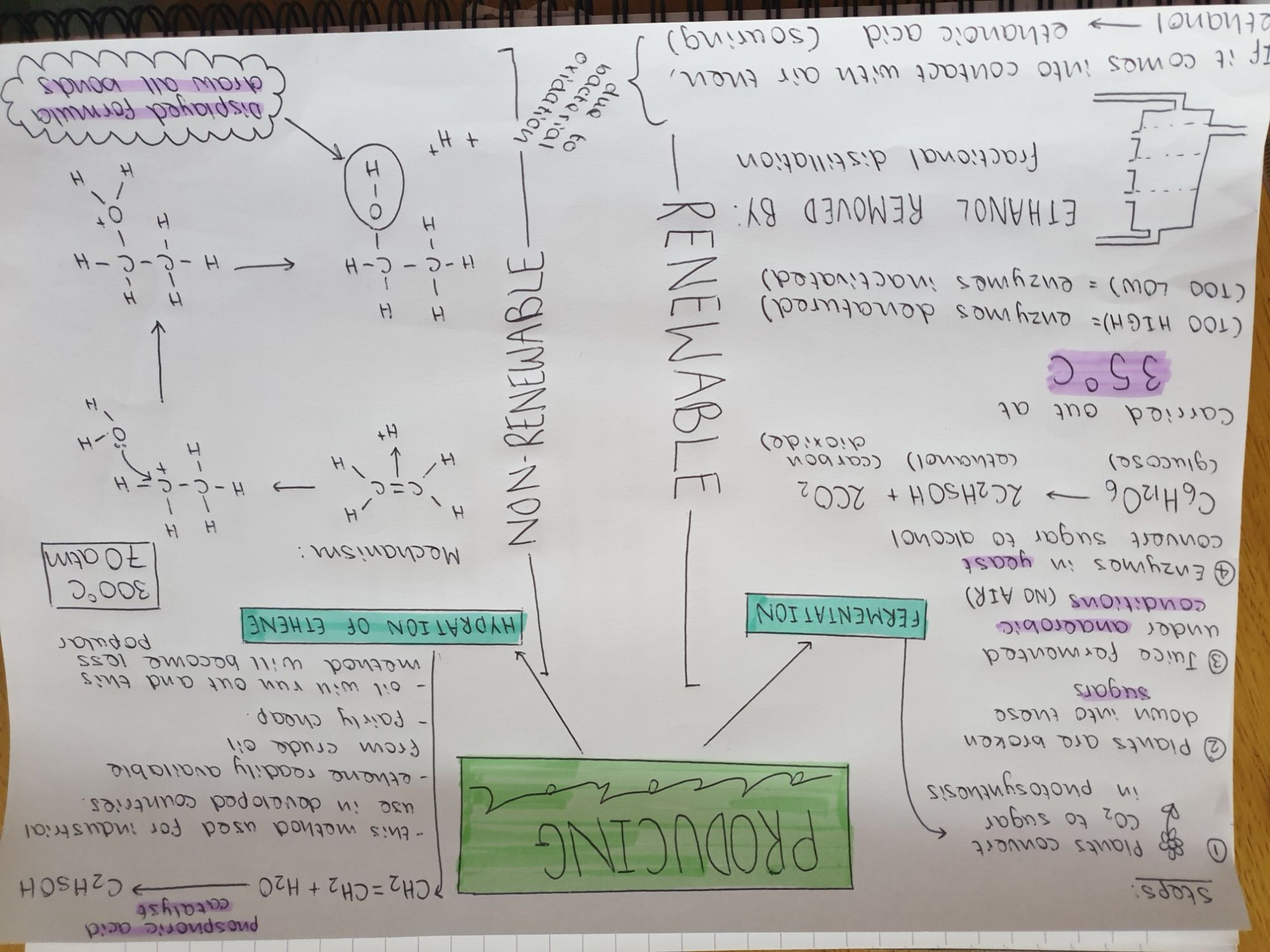
A Year 12 homework task on writing half equations and combining them to form an overall equation
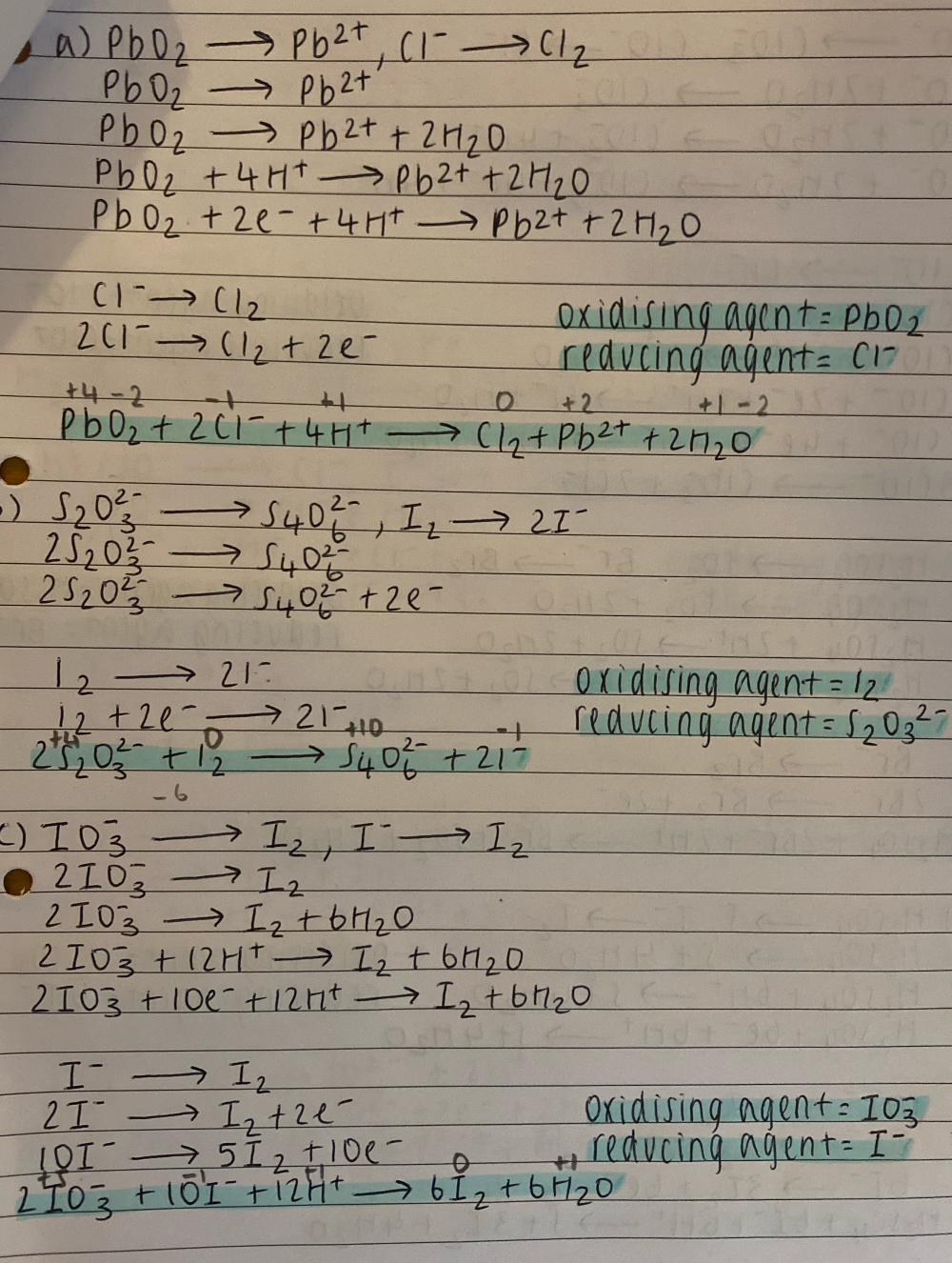
Planning an experiment to identify some unknown compounds using theory from the topics group 2 and group 7
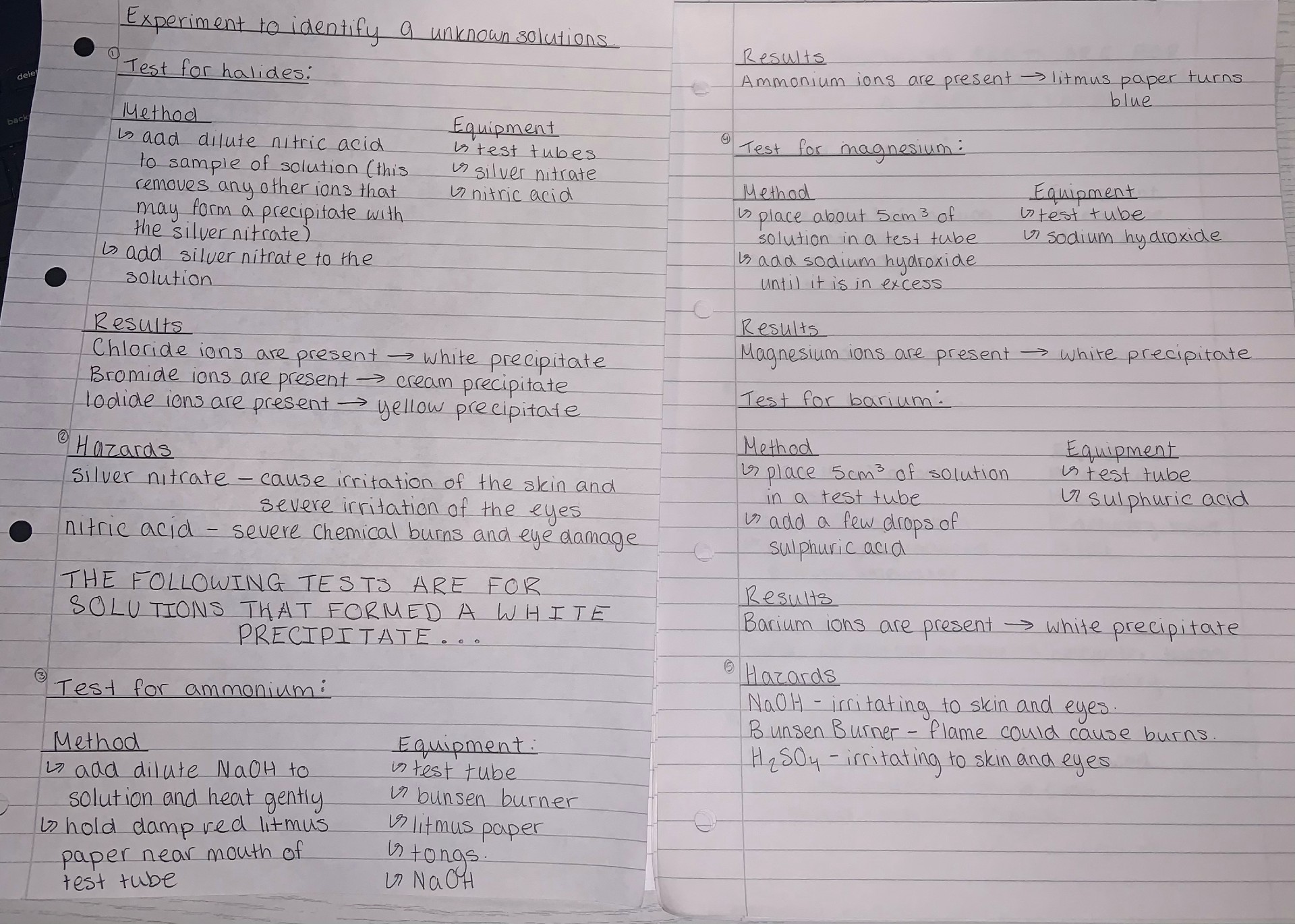
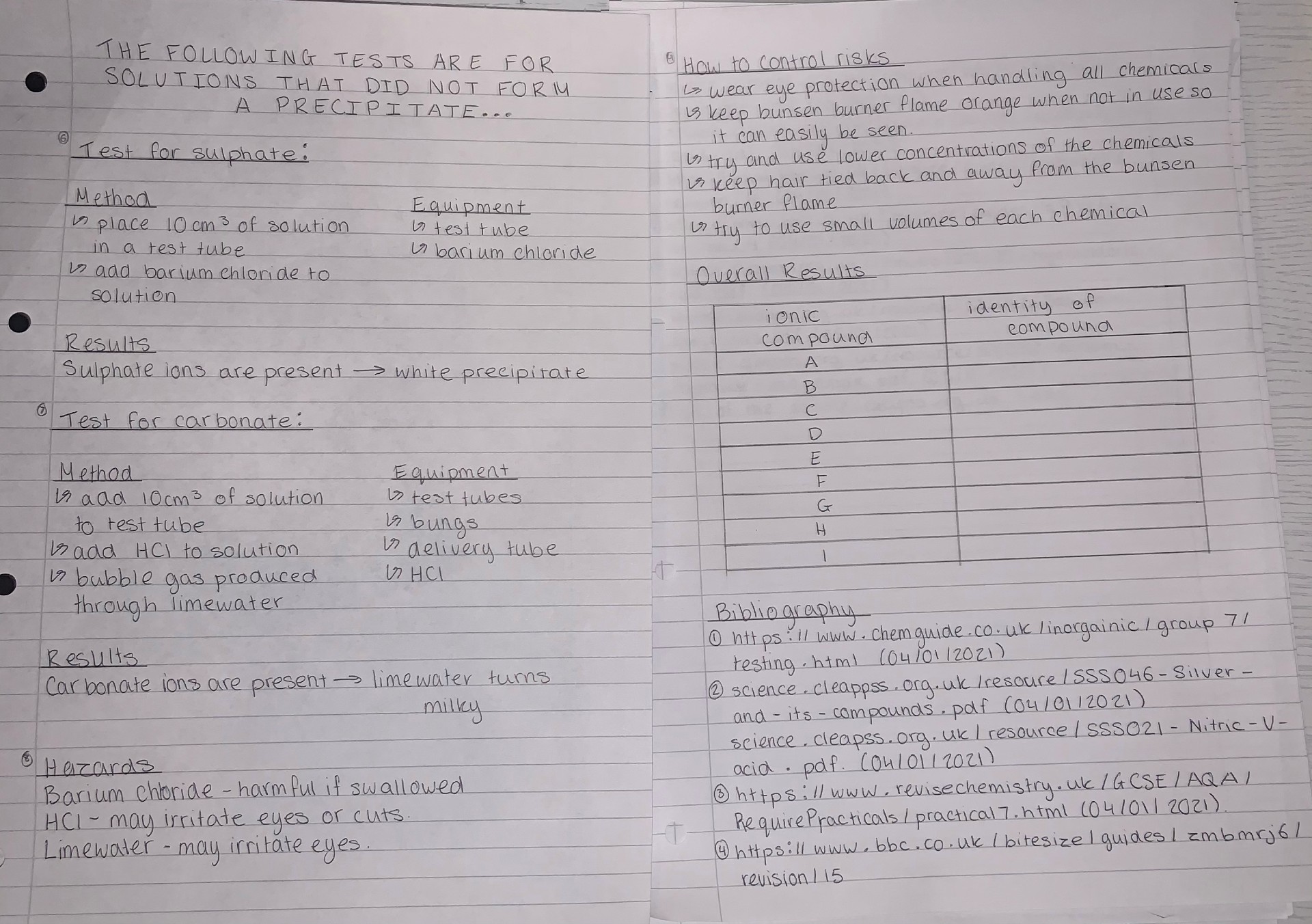
GCSE
Year 11 extended writing task on equilibrium and the Haber process
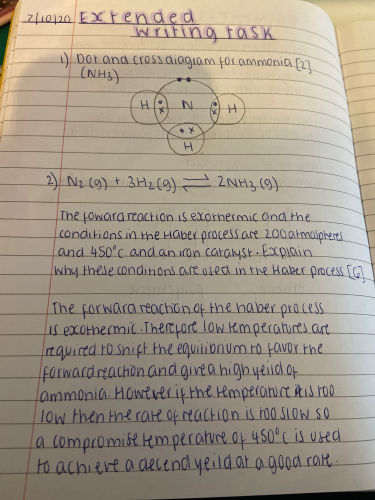
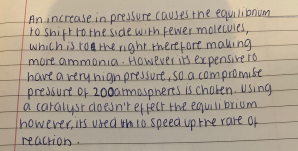
Year 10 extended writing task on alcohols
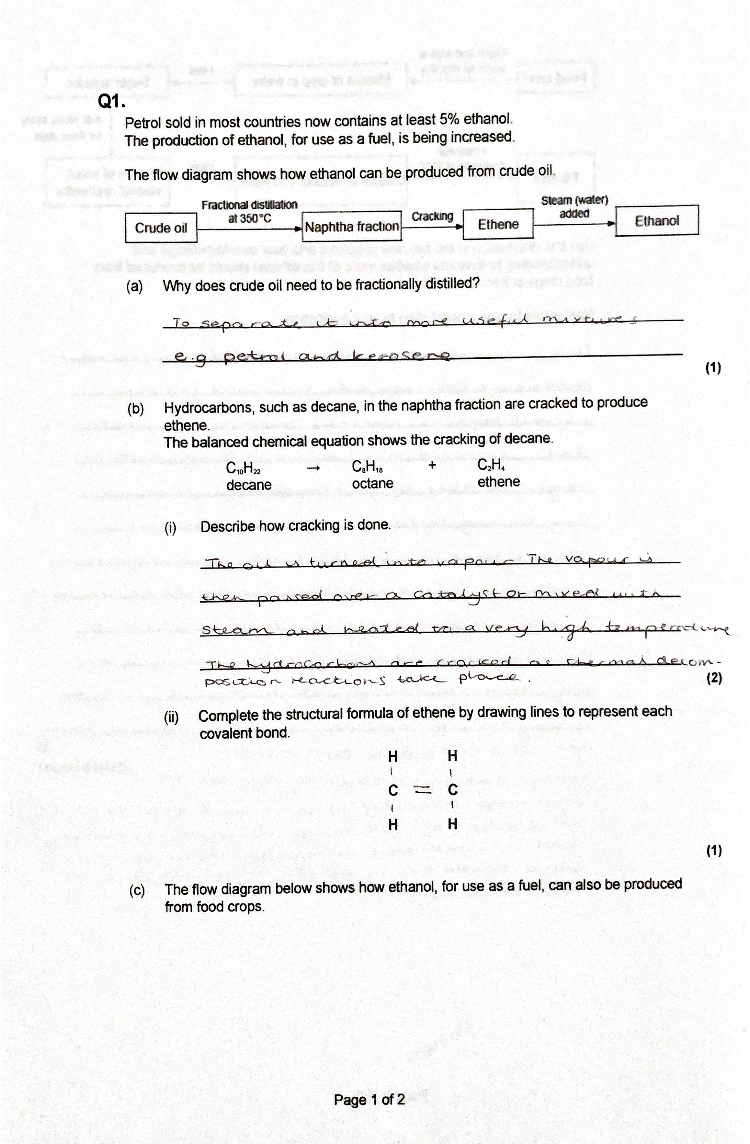
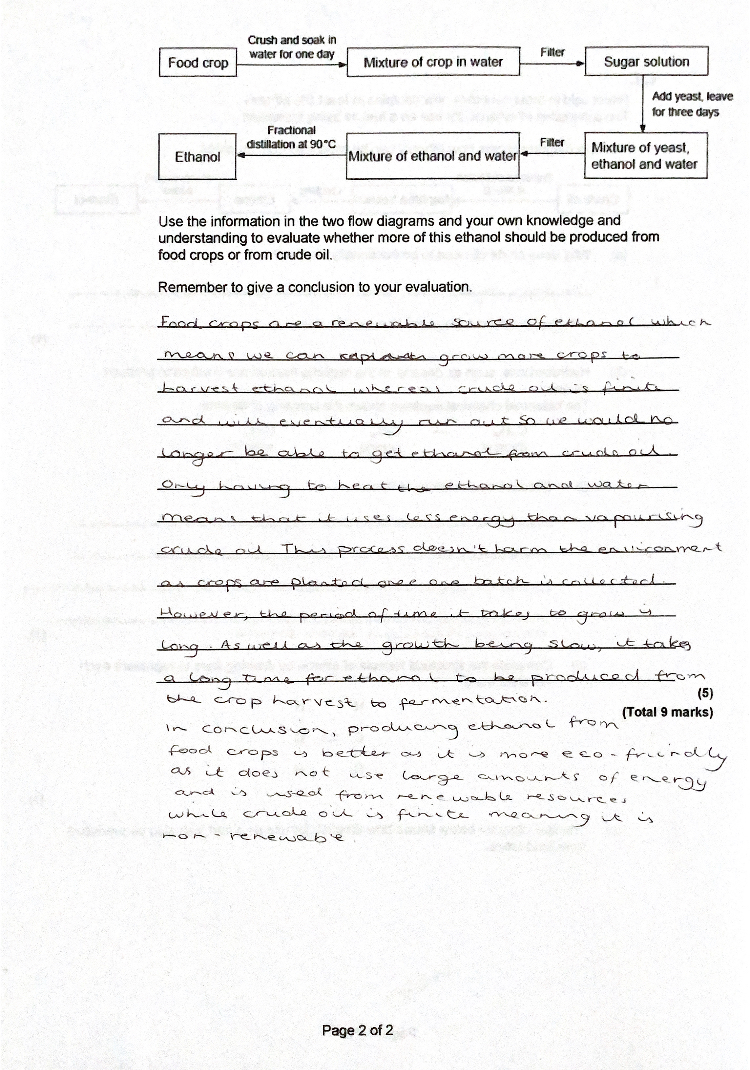
Year 10 extended writing task on fractional distillation
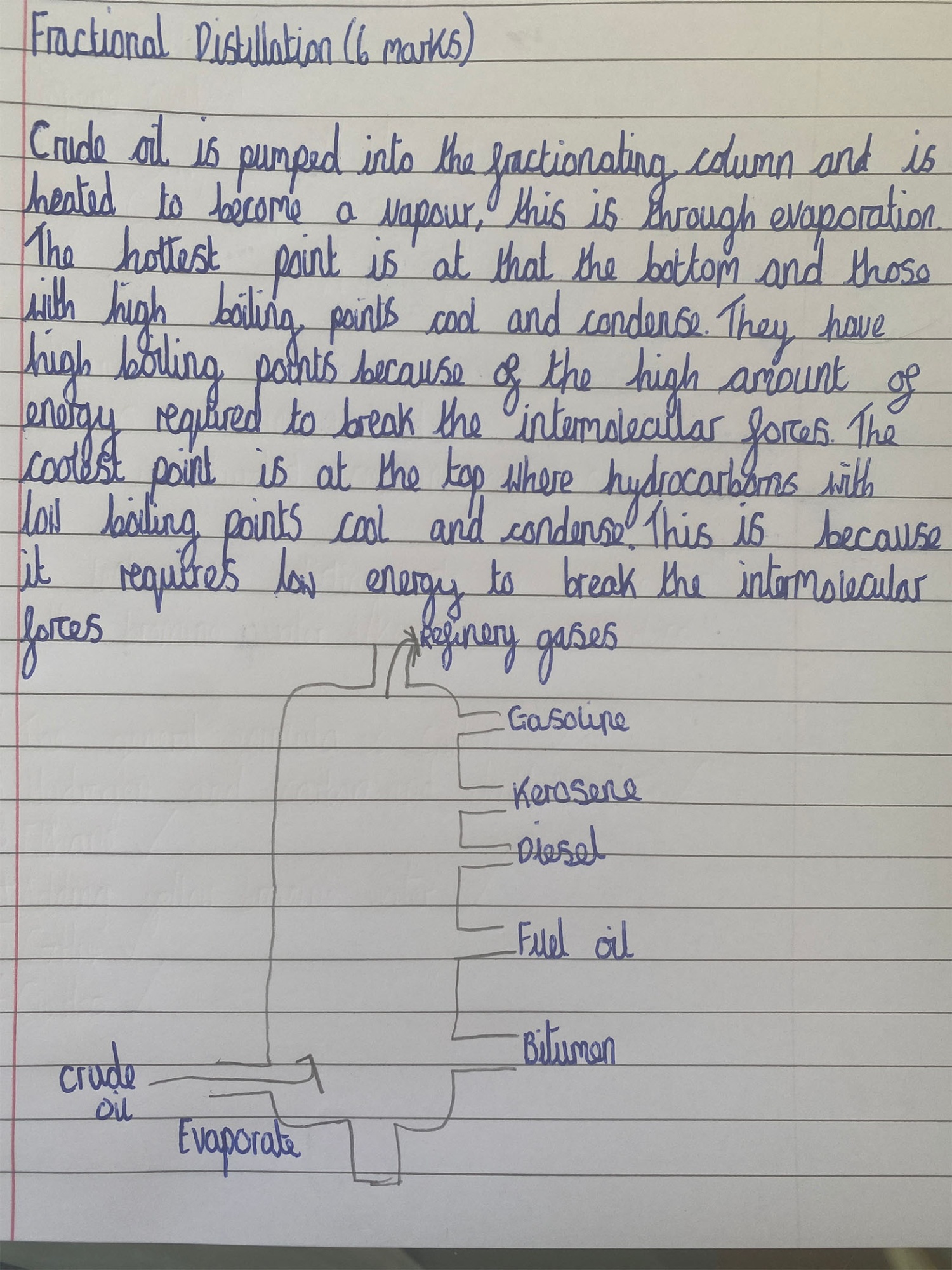
Year 9 work on carbon footprints and how they can be reduced
